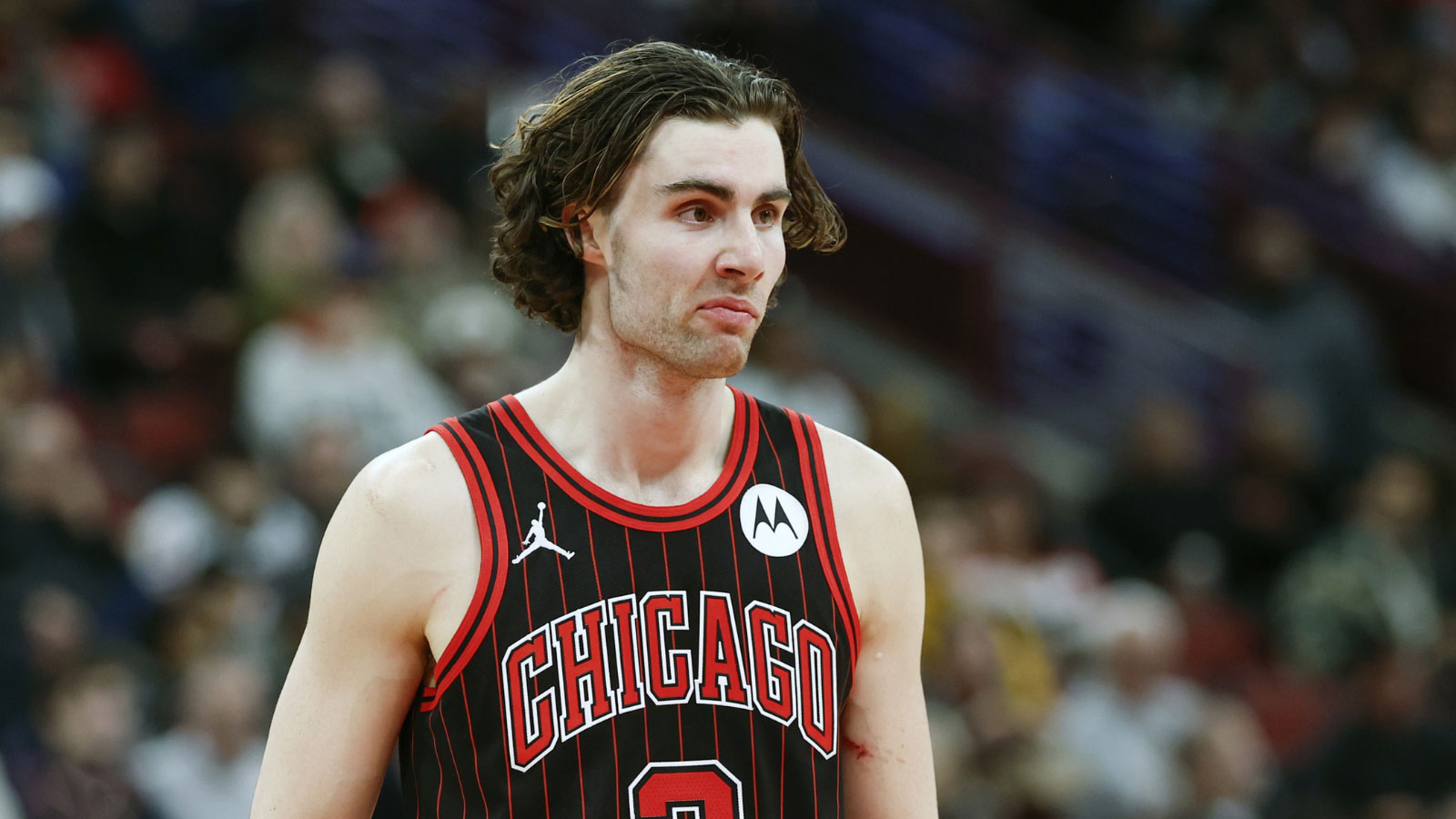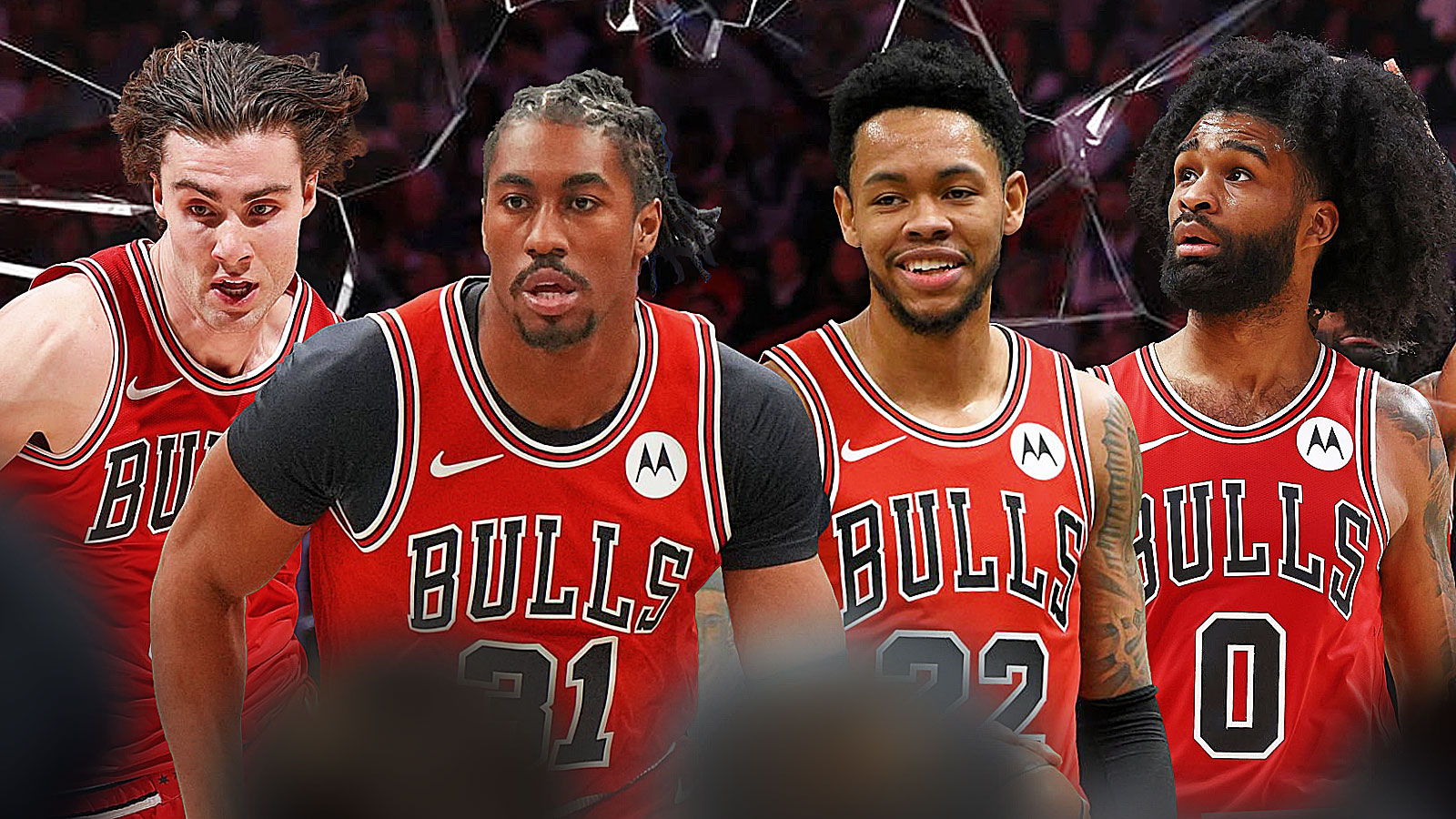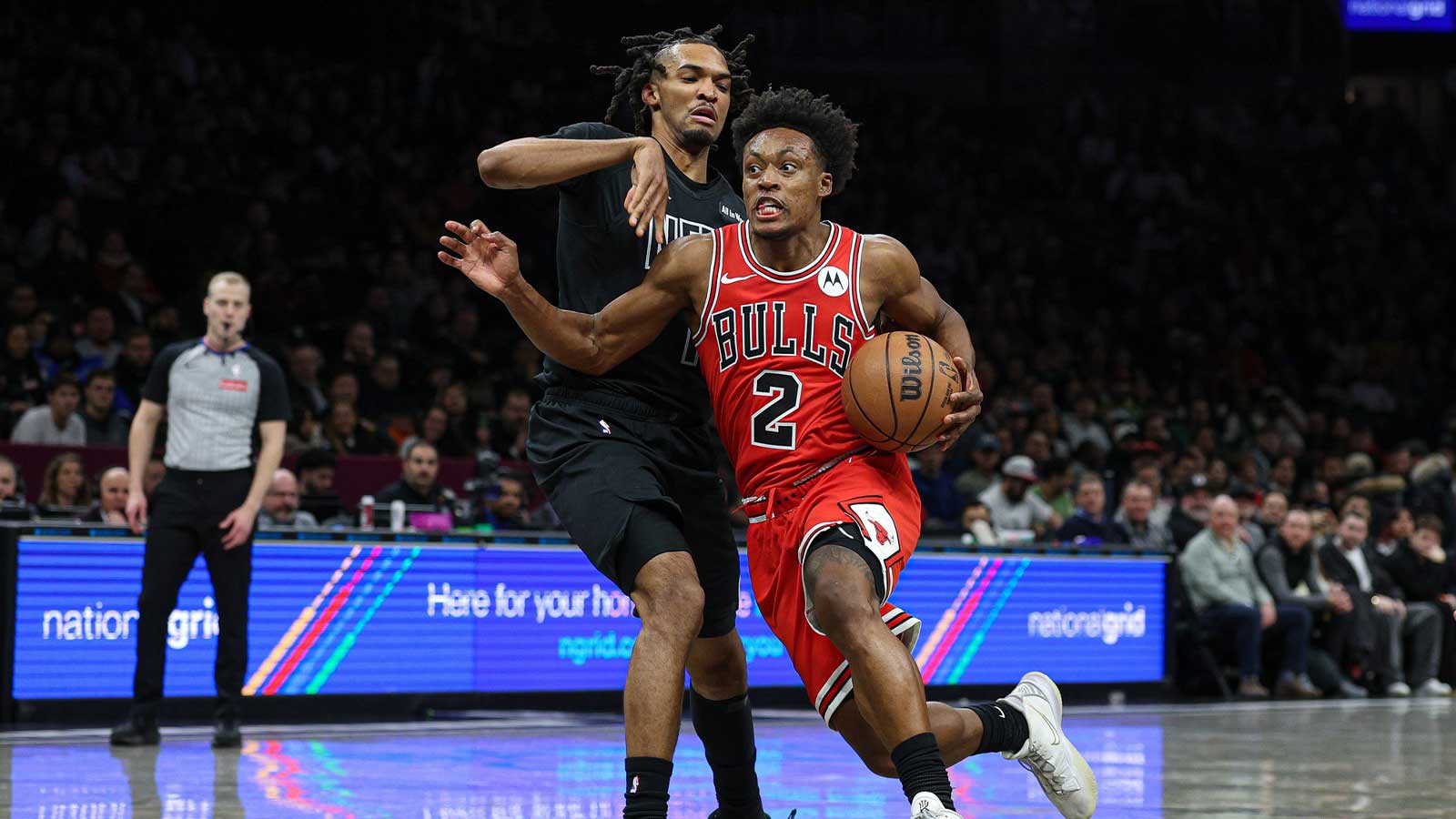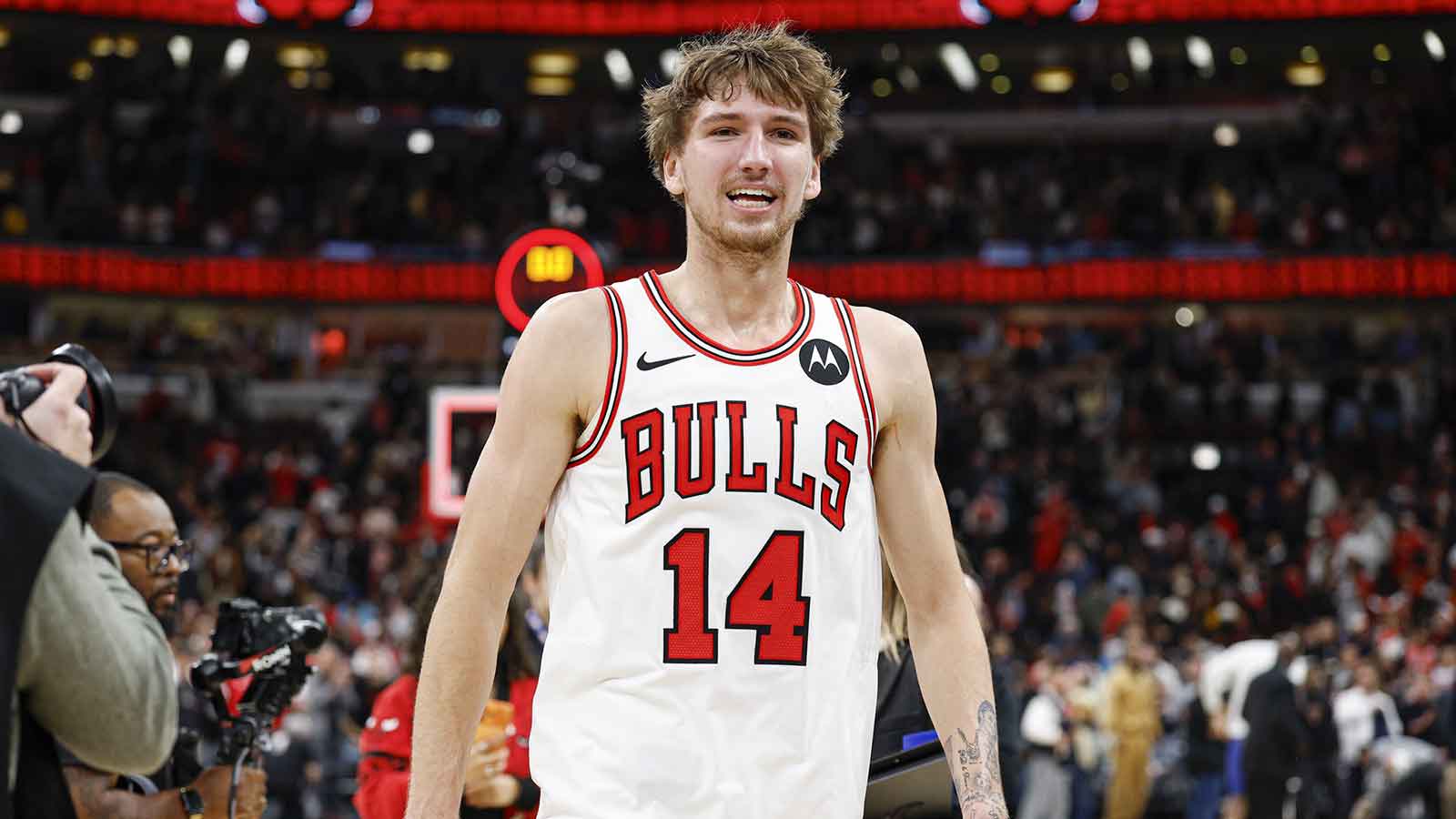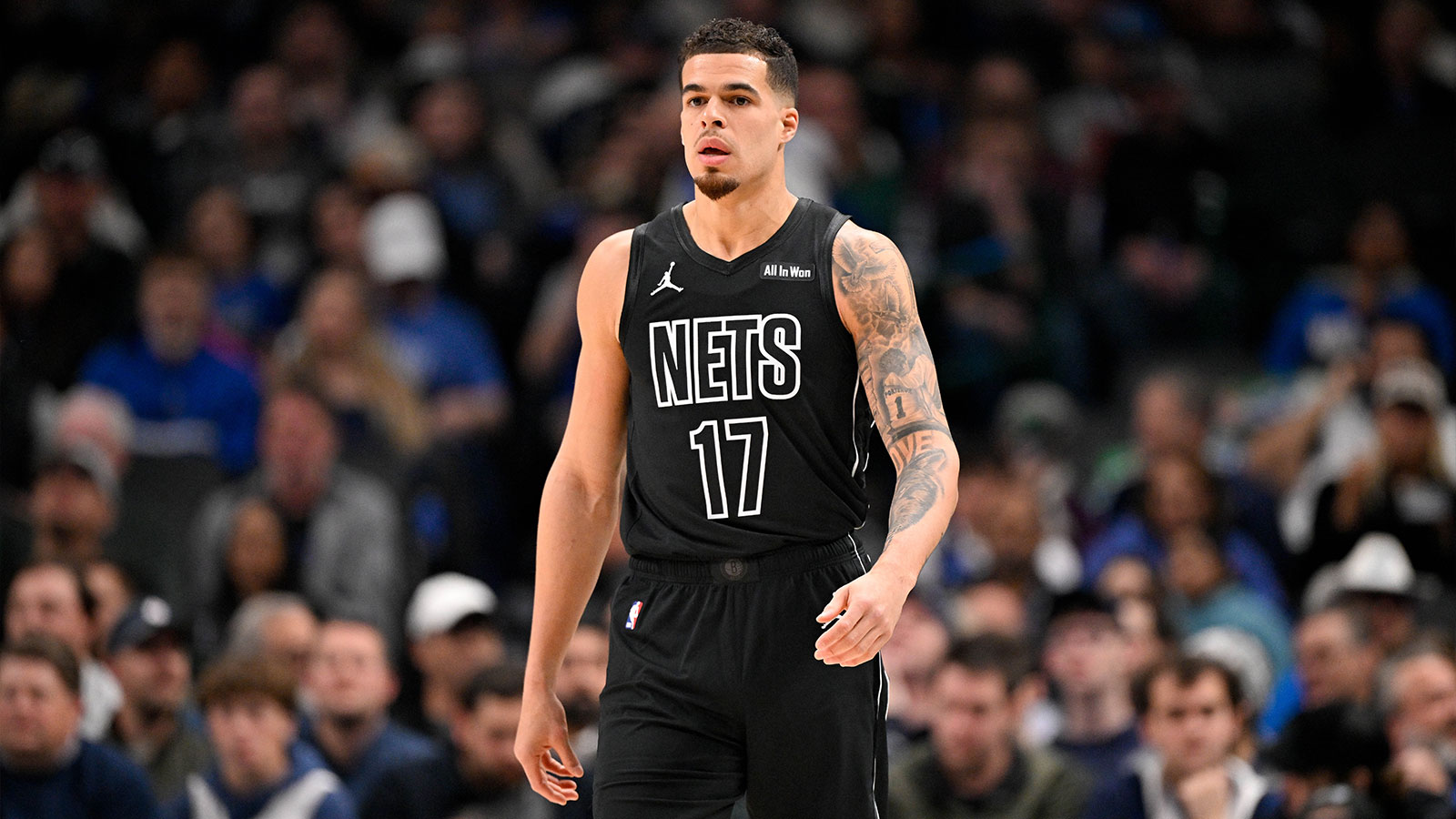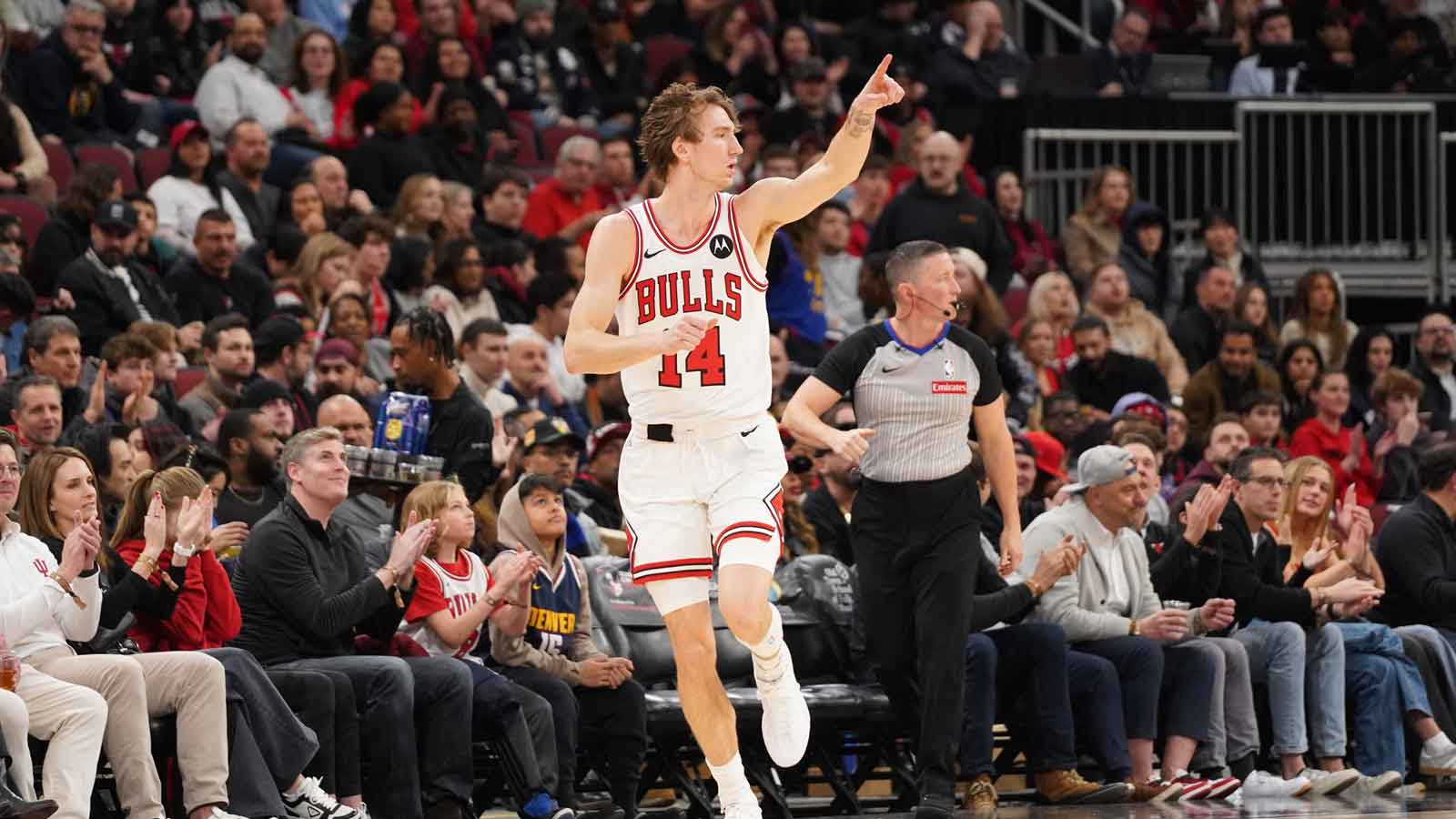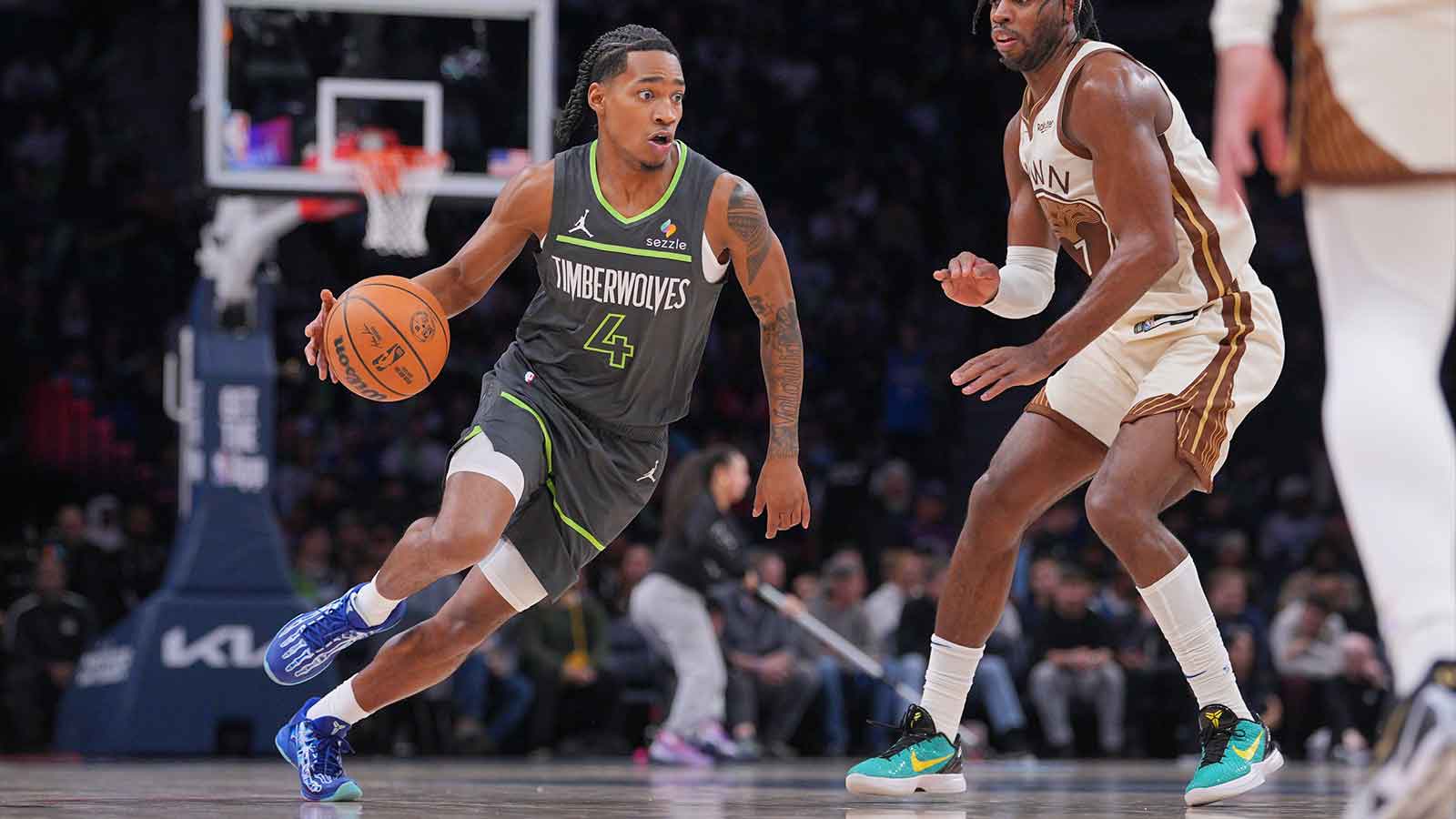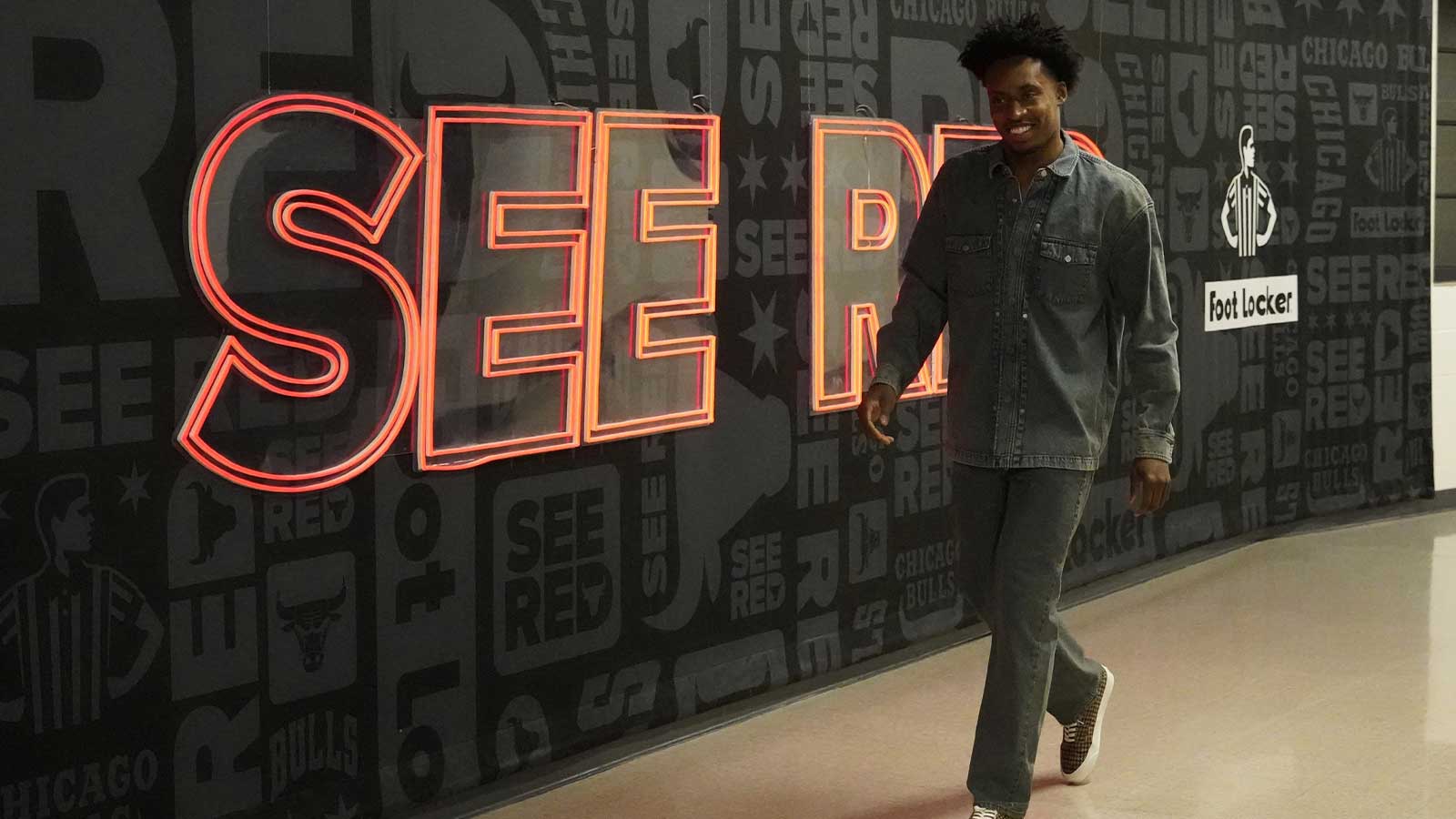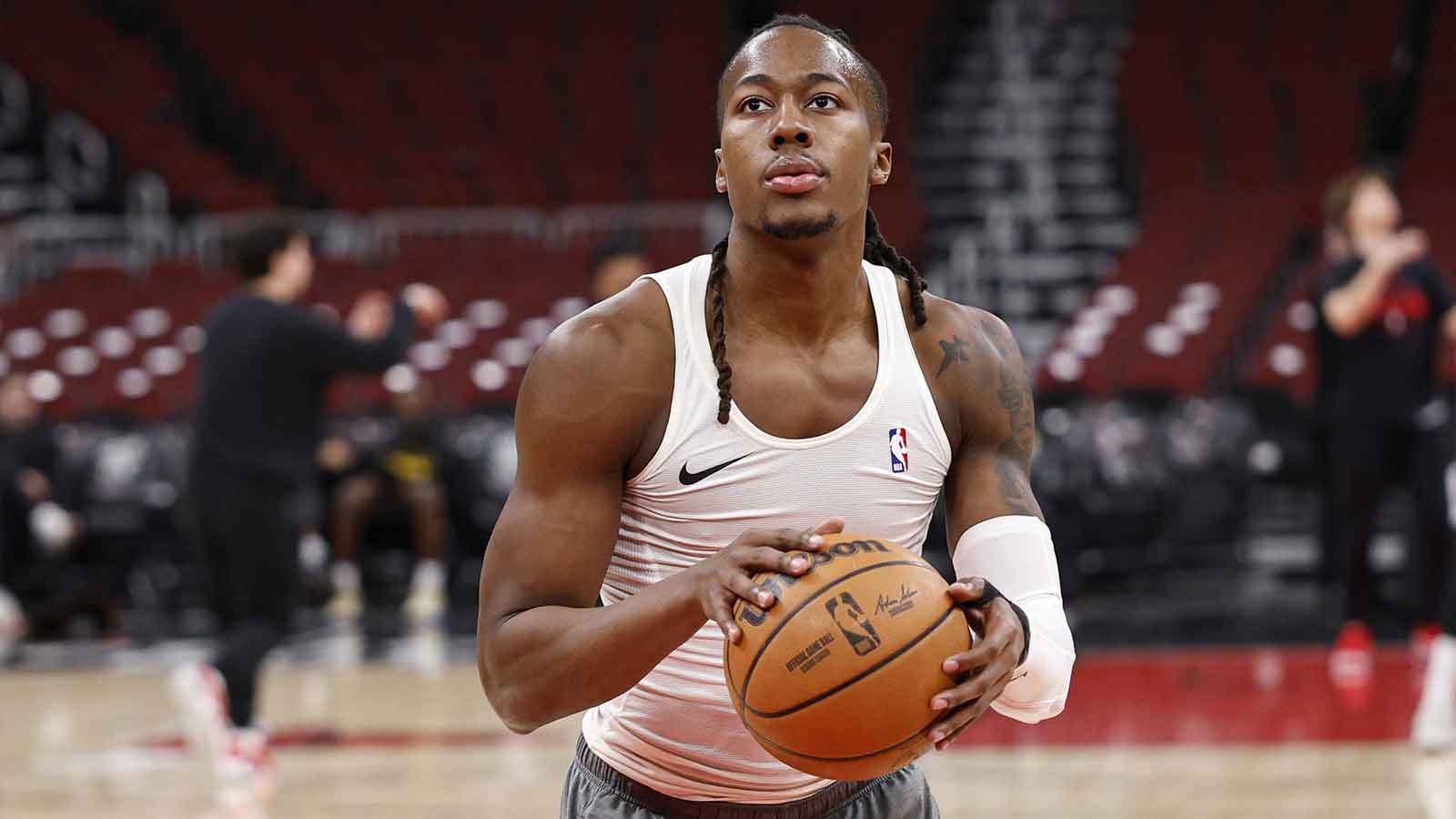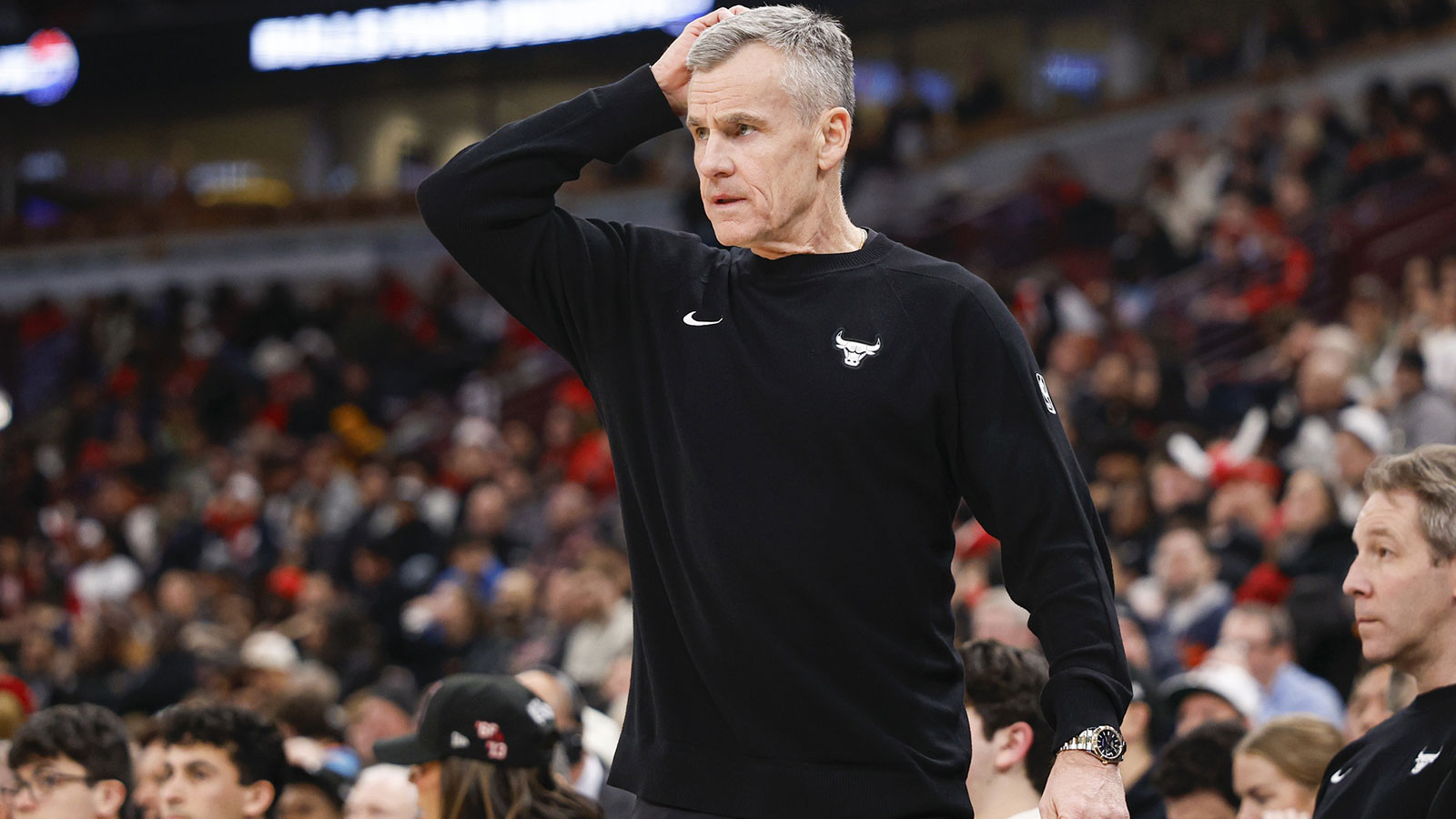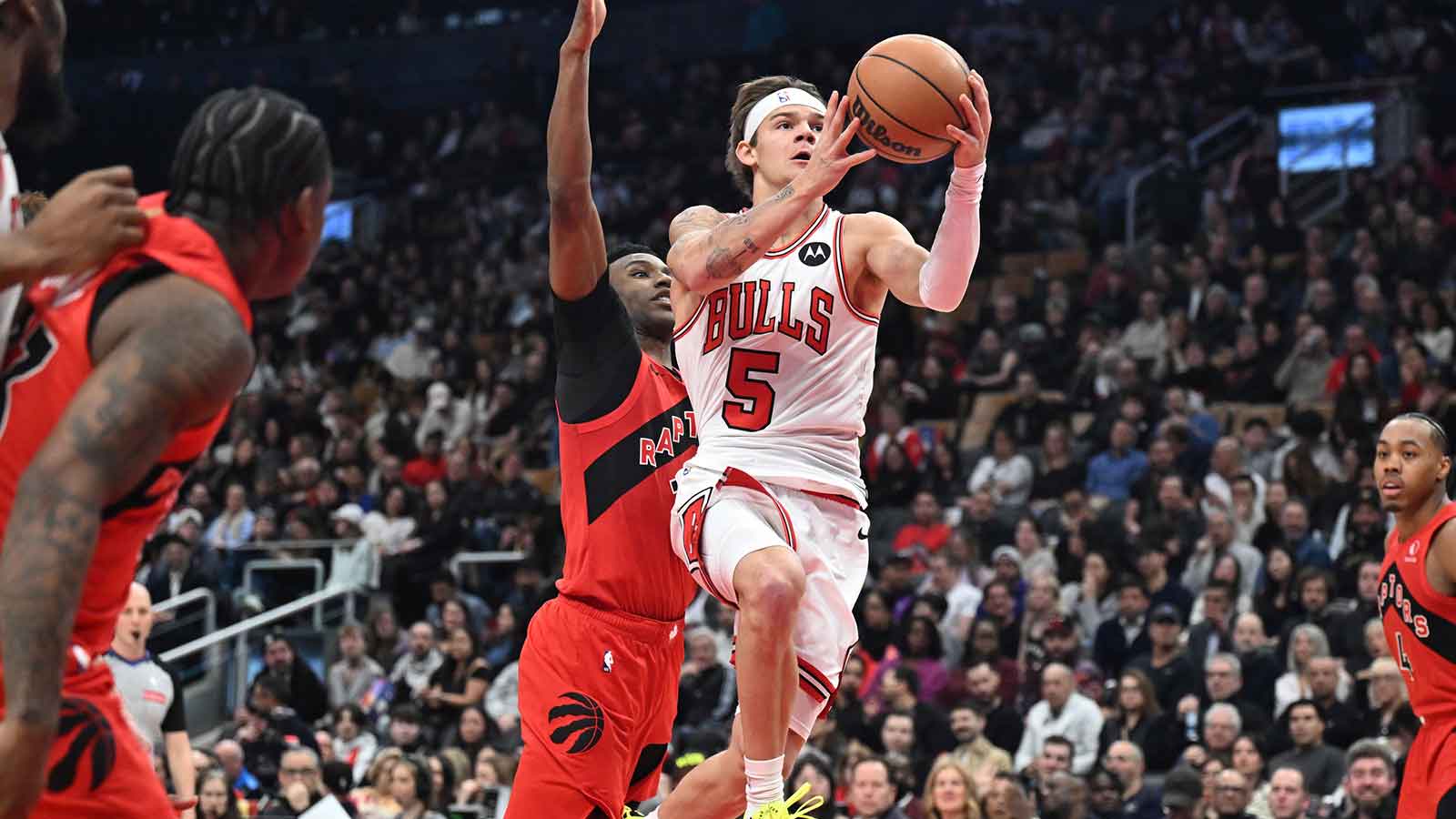Following their play-in loss to the Miami Heat, the Chicago Bulls are at a pivotal crossroads this offseason, as echoed in recent comments from the team's executive vice president of basketball operations, Artūras Karnišovas. After a couple of disappointing seasons that saw the Bulls making only brief appearances in the play-ins and getting knocked out both times by Miami, changes are inevitable. However, one constant the Bulls are keen to secure is the presence of a passionate DeMar DeRozan, around whom recent contract negotiations (allegedly an extension worth $80m being agreed upon by both parties) have sparked considerable interest and speculation (per NBC Sports' Kurt Helin).
“I’ve said numerous times today: This group, something doesn’t work. I have to find ways to find a group that’s going to make improvements. We’ve done it for a couple years now and it hasn’t worked,” said Karnišovas in a season-ending press conference. It's clear that the organization is prepared to shake things up in pursuit of a more successful formula.
Despite the overarching strategy of overhaul, Karnišovas has expressed a strong desire to retain Demar DeRozan, a sentiment that appears to be mutual, although the terms of the agreement are still under negotiation. According to K.C. Johnson of NBC Sports Chicago, the Bulls have floated a two-year contract extension worth up to $80 million to DeRozan's camp. This substantial offer underscores his value to the team, not just as a player but as a veteran leader. “DeMar’s been great for us for three years,” Karnišovas remarked. “He’s been invested in the city of Chicago and has been really great to our young guys. So both sides are interested in continuing and we’ll see what happens in free agency.”
The sticking point, however, is not the amount of money but the length of the contract. At 34 years old, Demar DeRozan is seeking a longer-term deal that offers more security, a common desire among athletes aware of their career's finite nature. The Bulls, on the other hand, are pushing for a shorter duration, likely wary of the long-term financial and roster flexibility implications.
This negotiation comes amid broader strategic shifts for the Bulls, who are also reportedly looking to trade Zach LaVine as part of a larger roster overhaul. “Accountability and action,” were the themes highlighted by Karnišovas, emphasizing a move from continuity to significant changes. This was further elaborated in his statement: “Everything is on the table. I am going to look at the totality of the group. This group hasn’t worked. There’s a lot of great things in certain individual players and a lot of young guys who took a step forward and it’s positive. But in totality as a group, it didn’t work. So I’m going to have to find these answers in the offseason.”
Re-signing DeRozan reflects a dual strategy of maintaining a core of experienced, impactful players while restructuring around them. His performance last season, with an average of 24 points and 5.3 assists per game, and his reputation as one of the league's best clutch players, illustrate his critical role on the court. The contract offer, though generous, seems designed to be flexible, potentially aligning with further strategic adjustments depending on how the market and subsequent negotiations unfold.
What Else Should Bulls Fans Keep in Mind?
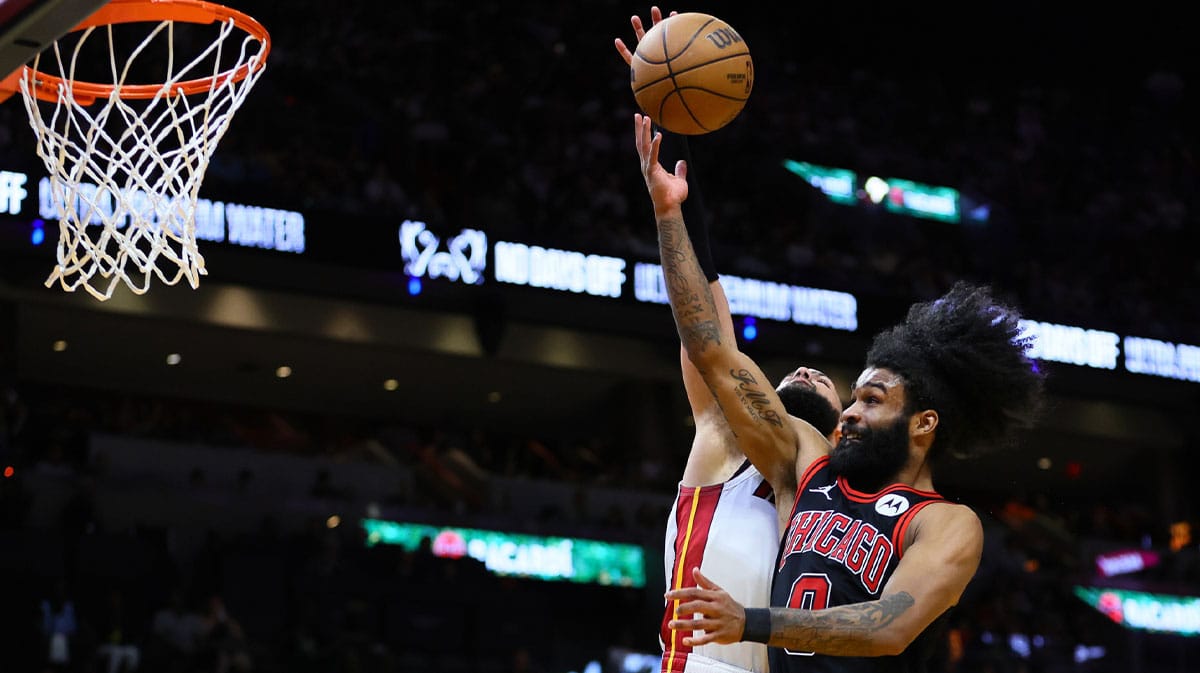
The broader context of the Bulls' strategy includes potential implications for other players and the coaching staff. While Karnišovas has confirmed that Billy Donovan and the front office staff are secure, the future of Donovan's coaching staff remains uncertain. This adds another layer of complexity to the offseason dynamics, as each decision will influence the others.
Karnišovas also touched on the financial strategy moving forward, particularly concerning the luxury tax, which the Bulls have traditionally avoided. “My approach looking at the luxury tax is if you can prove that your team is going to be in the top-four, you go in the luxury tax. It just makes no sense to be in play-in if you’re going to be in the luxury tax,” he explained. This pragmatic approach suggests that any major financial commitments, like the one proposed to DeRozan, are being considered very carefully in the context of broader team competitiveness and fiscal health.
As negotiations with Demar DeRozan continue, the Bulls are clearly positioning themselves for a future that balances between evolution and maintaining a competitive edge. The outcome of these talks will likely set the tone for the team’s approach to the upcoming season and beyond, reflecting a strategy that is as much about financial prudence as it is about sports excellence.
The coming weeks will be crucial for the Bulls as they navigate this complex landscape of contract negotiations, potential trades, and strategic planning. With a focus on accountability and a clear mandate for change, the Bulls’ offseason moves will be closely watched, as they aim to transform their roster into one capable of achieving much more than just play-in appearances.









